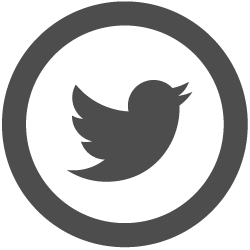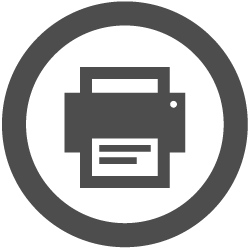My Top Tips For Collecting Numismatic Coins
10. Read, read, and then read some more. The overall number of books being published on the antiques and collectibles trade declines every year thanks in part to the rise of the internet and digital age. That said, the amount of books being published on the subject of numismatics is outstanding. Read Inside the Rare Coin Market by Q. David Bowers and Pleasure & Profit: 100 Lessons for Building and Selling a Collection of Rare Coins by Robert W. Shippee. Both books are good reads for any coin collector, novice or advanced. Then get yourself a copy of the yearly coin price guide titled Red Book Guide to United States Coins.
9. Research, research, research. Now that you have read the recommended books, you are ready to start researching what to study and what to possibly buy. Join some of the numerous online forums, and interact with other collectors and dealers. Both NGC and PCGS, two of the primary leading third-party graders of coins, both have excellent online forums. Avoid the drama and stay focused on learning all you can. Ask for advice, share your opinions, and also be respectful. A lot of experienced collectors are happy to help newcomers to the hobby.
8. Focus, focus, focus. It is tempting when starting to collect something new to go all in and start to buy, but this will only hurt you in the coin market. Decide what you want to focus on and be as specific as possible. My advice? Start with classic United States coinage from the 1800s and early to mid-1900s. Coins from the 1700s can be costly for most newbies. Coins produced after the 1950s are much too volatile in price and extremely common in most cases. Pick a series and denomination and start there. Understand how coins are made and what makes a valuable coin valuable (Hint: It is not always about the mintage produced).
7. Join Heritage Auctions. Its free to sign up even if you dont have the means necessary to bid in some of their auctions. As a free member you will have access to their complete backlog of auction history/prices realized. If you are looking for an 1881-CC Morgan Dollar in MS-65, you can search their vast auction histories and see exactly what that coin sold for at various auctions.
6. Understand grading and get to know third-party grading. Both NGC and PCGS are highly respected third-party grading companies in the coin industry. That said, just knowing that isnt enough. The industry also has CAC stickered coins, which is in a sense a third-party grading company that keeps both NGC and PCGS in check by agreeing to sticker any graded coin they feel is of moderate to high quality for their given grade. CAC is actually doing a great job of disrupting the third-party grading of coins (which is a good thing), and some collectors will only collect coins that have been CAC certified.
5. Looking for possibly undervalued deals? Look no further than the graded paper money marketplace. While this list of tips is geared towards numismatic coins, in an upcoming article I will give my top tips for collecting paper money. The hobby of paper money has taken a backseat to coin collecting as of late, and its a buyers market at present time for notes that are not rare. Just know that a significant turnaround in this area of the market may not happen for years, if it even happens at all, but it should be noted that prices for some of the rarest items are still at all time highs, much like rare coins, which brings me to number four.
4. Rarities are increasing in value exponentially. While coins in the $500 to $5,000 range continue to eek out minimal gains and sometimes losses, coins that are considered rare, and selling for over $50,000 each, are increasing in value as wealthy collectors fight to own these museum pieces. I should clarify that I am by no means suggesting that you should take a second mortgage out or overextend yourself to buy these kind of rarities, but just know, the money currently in this end of the market is obscene.
3. Know your budget. There is absolutely no need to borrow money to buy most of the sought-after coins and currency on the market because so much is out there and always hitting the auction block as older collectors continue to sell. Have a plan and stick to it. Auction fever is for the naïve and gullible.
2. Have a plan. You should have a plan as to what kind of a coin collection you want to build before you start. I never recommend anyone pursue a type set of U.S. coins due to the cost, but if that is your goal understand that even if you leave out the extreme rarities and just go after what is available on the market, a type set of available U.S. coinage would cost hundreds of thousands of dollars to put together in or around mint state condition. If this cost seems unsurmountable to you, have more realistic goals.
1. Have fun. Building any kind of numismatic collection can be quite rewarding and quite profitable if you understand the market and the risks. That said, it should be worth mentioning that the journey is not worth it if you are not going to enjoy it and have fun along the way. Building a great collection should be a marathon, not a sprint!
Shawn Surmick has been an avid collector since the age of 12. He currently resides in his hometown of Boyertown, Pa., and is a passionate collector of antiques and collectibles. His articles focus on various topics affecting the marketplace.






